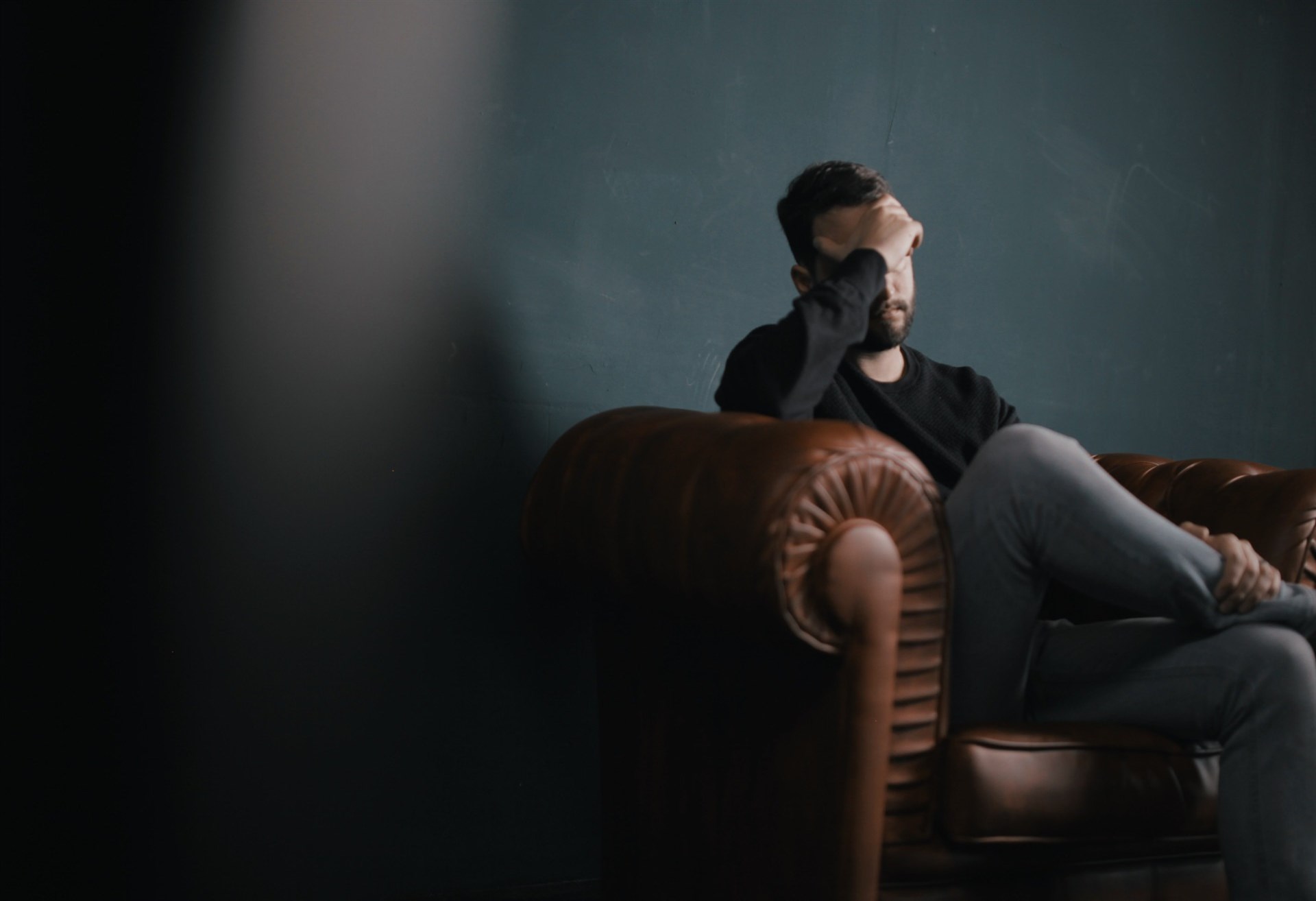
Laura Edwards
Mental health struggles are part of being human
There has historically been a stigma around mental issues in the church but it’s time for a change of view, urges Laura Edwards.
“We were young, fearless and in love when Darren and I met back in 2001. Deluded by our notions of invincibility, we decided to run away together.
It wasn’t long before we realised life wasn’t all it was cracked up to be, becoming two vulnerable 15-year-olds trapped in a cruel cycle of drug and alcohol abuse. By the time we were 19, we had two children, a council flat and the beginnings of a messy marriage.
Thankfully our story didn’t end there, as two years later I encountered God in a local Elim church. Encouraged by my testimony, Darren followed soon afterwards – and that’s when everything changed dramatically.
We left behind a life of living on the edge, filled with poverty, dysfunction and crime, and watched in amazement as God blessed our little family with employment, community, friends and a new hope-filled purpose.
In 2010, we moved to Malvern as Darren decided to study theology at Regents Theological College; the first person in his family to attend university. During this time, we received some much-needed marriage counselling with psychologist and Christian leader, Sharon Johnson.
At first, I was sceptical and imagined the stereotypical American therapist, counselling some distressed person who lay stretched across a comfy couch. But it was nothing like that, and after just a couple of sessions, our marriage and family life improved greatly as we applied simple but effective communication skills to our relationships. Lots of things shifted in our thinking, but very importantly, we gained a better understanding of why we as people think and feel the way we do.
Shortly afterwards, Darren and I attended a Christian conference where areas of multiple deprivations in the UK had been highlighted. One particular housing estate in Lincoln, desperately needing support, stood out to us and we knew we had to respond.
By 2013, I became a pastor’s wife in an exciting church plant in Lincoln. We had never even visited the place before and had no idea what to expect. Initially I ‘filled the gaps’, visiting church members, setting up a kids church, helping with the general hospitality, and the odd preach.
Feeling encouraged and inspired by the changes in my own family, I also decided to go to university, to study psychology. Once I finished my degree, I began working full-time for the NHS.
I’m now nearly ten years into my academic journey and have had the privilege of gaining lots of experience working with many different individuals and families. I still support our own church with consultation and pastoral care and help to organise events. I also sit on a citywide faith committee looking at initiatives that improve the emotional wellbeing of our leaders and congregations across the county.
I’m passionate about extending the conversation of mental health inside and outside of the Church. I am currently in the final year of completing my doctorate in clinical psychology and will be fully qualified soon.
My 2020 vision and onwards is to continue my work in the NHS whilst championing mental health and emotional wellbeing across the Church. Historically, there has been a lot of stigma around mental health in the Church. This is perhaps due to the biblical description of those in the New Testament who are characterised as being demon-possessed, and the shaky idea that once we meet Jesus, our lives somehow go on to being completely joy-filled and free from hardship.
I hope that by providing an emotional wellbeing service for our often overstretched and exhausted ministers and leaders, it will help to reduce burn-out and increase their capacity to care for themselves, their families and their congregations. At the same time equipping the Church.
Churches are absolutely vital in supporting vulnerable and distressed individuals in our communities and already do so much to provide belonging, routine, and meaning to people’s lives. But there must be a balance.
Mental struggles are simply part of our human condition. Every one of us can get overwhelmed when we don’t set aside time to rest, recuperate and look after ourselves. I spent a long time feeling like an inferior and inadequate Christian when I struggled with anxiety. We need to learn how to take better care of ourselves and each other.
I would encourage anyone struggling with their thoughts or emotions to speak to someone they trust; a problem shared really is a problem halved. Sometimes the most important thing the Church can do is listen ‘without judgment’ to those who are in distress; a cup of tea and a listening ear goes a long way.
I’d also encourage people to consult their GP if they are concerned about their mental health. Your GP can refer you on for extra support and a variety of therapies and activities, and helpfully prescribe medication if necessary".
Enjoy this article? Don't forget to share